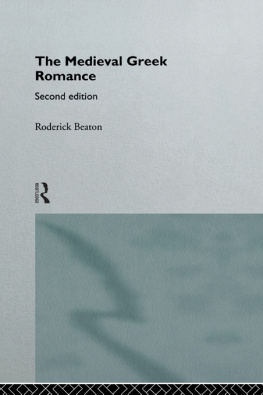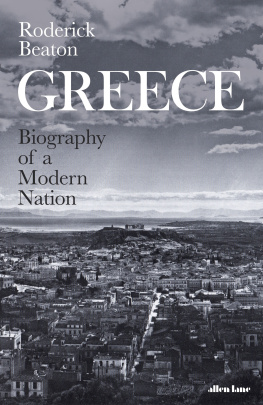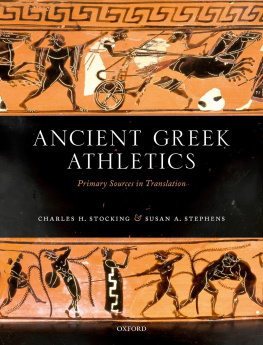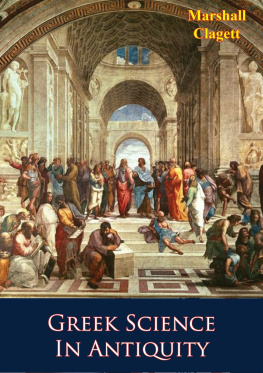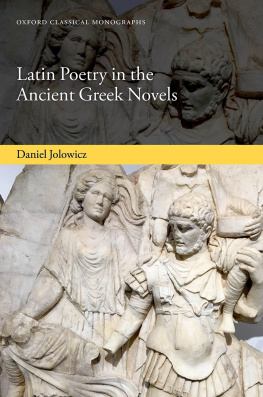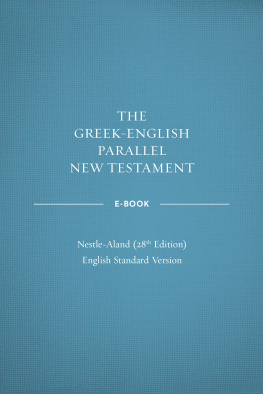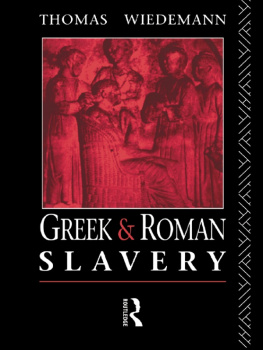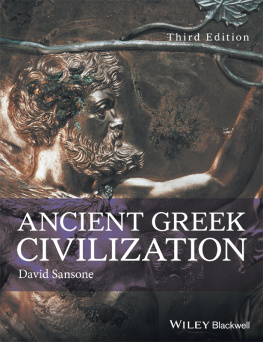
THE MEDIEVAL GREEK ROMANCE
First published in 1989, The Medieval Greek Romance provides essential information for the non-specialist about Greek fiction during the period 10711453, as well as proposing new solutions to problems that have vexed previous generations of scholars. Roderick Beaton applies sophisticated methods of literary analysis to the material, and bridges the artificial gap which has separated Byzantine literature, in a form of ancient Greek, from modern Greek writing, seeing the long tradition of romance writing in Greek as both homogeneous and of a high level of literary sophistication.
Throughout, consideration is given to relations and interconections with comparable literature in Western Europe. As many of the texts discussed are not yet accessible through English translation, the argument is illustrated by lucid plot summaries and extensive quotation (always accompanied by literal English renderings).
For its second edition, The Medieval Greek Romance has been revised throughout and expanded with the addition of a substantial Afterword, which assesses and responds to recent work on the subject.
Roderick Beaton is Koras Professor of Modern Greek and Byzantine History, Language and Literature at Kings College London, University of London.
THE MEDIEVAL GREEK ROMANCE
2nd edition, revised and expanded
Roderick Beaton

First published 1989
by Cambridge University Press
Transferred to Digital Printing 2003
Second edition published 1996
by Routledge
11 New Fetter Lane, London EC4P 4EE
Simultaneously published in the USA and Canada
by Routledge
29 West 35th Street, New York, NY 10001
1989 Cambridge University Press
1996 Roderick Beaton
Typeset in Garamond by
Solidus (Bristol) Limited
All rights reserved. No part of this book may be reprinted or reproduced or utilized in any form or by any electronic, mechanical, or other means, now known or hereafter invented, including photocopying and recording, or in any information storage or retrieval system, without permission in writing from the publishers.
British Library Cataloguing in Publication Data
A catalogue record for this book is available from the British Library
Library of Congress Cataloguing in Publication Data
A catalogue record for this book has been requested
ISBN 0415120322 (hbk)
ISBN 0415120330 (pbk)
The originators, the exuberant men, are extinct and in their place subsists and modestly flourishes a generation notable for elegance and variety of contrivance. It may well happen that there are lean years ahead in which our posterity will look back hungrily to this period, when there was so much will and so much ability to please.
Evelyn Waugh
So then, if Zeus will not place our story among the stars, if Poseidon will not imprint it upon the waters, if Earth will not nurture it in plants and flowers, then, as though in unfading timbers and in adamantine precious stones, with Hermes pen and ink and in language breathing the fire of rhetoric let our story be inscribed, and let some one of those who come after turn it into rhetoric and forge a golden statue hammered out of words as our imperishable monument.
Eustathios Makrembolites
In memoriam
David Bradley
CONTENTS
ILLUSTRATIONS
MAPS
FIGURE
PREFACE TO THE FIRST EDITION
The Greek romances of the Middle Ages are tales of love, death and adventure. As such they may be seen as the successors to the first European prose fiction developed in Greek between the first and fourth centuries AD, and, more distantly, among the ancestors of the modern European novel. This study aims to explore this little-known territory of European literary history, and reveal the richness, the coherence and complexity, of a group of stories which ring the changes on a universal set of themes, but do so in a way specific to their own time and place. In the course of exploration we will discover that the adventures of the medieval Greek romance are as much the adventures of language and rhetoric as they are the adventures of the somewhat typecast heroes and heroines. In different ways all these works are suspended between nostalgic admiration for the creativity of an earlier age and a craving for permanence and fulfilment, not so much in the human happiness of the lovers (which for an orthodox Christian of the Middle Ages could never be permanent anyway) as in the approximation of the rhetorical logos, or discourse of the text, to the status of the divine logos.
There has been no systematic study of the Greek romances of the Middle Ages as a literary genre in any language, although the texts have been exhaustively quarried in the last hundred years by scholars in search of different kinds of historical, linguistic and cultural information. As a result, many of the questions addressed in this book may seem somewhat otiose to the Western medievalist used to relatively secure chronological and linguistic data, to consensus on editorial practice, and above all to the existence of modern scholarly editions. On the other hand there may be those working in the field of medieval Greek studies who feel that a study such as this is even premature, and should not be undertaken until better texts and more secure background data are available. In answer to the latter, I believe that it will be difficult to progress much further in the vexed questions surrounding editorial method for many of these texts until we can agree on the nature of the texts we are dealing with. One of the main aims of this book is therefore to propose a basis for such agreement. If the details of the argument at times arouse a puzzled sense of dj vu in the specialist in the medieval literature of the West, this is the reason.
But in large measure this book is also addressed to the non-specialist, and particularly to scholars and students working comparatively on medieval literature. Here the main claim of the book is that the Greek romances represent a significant contribution to the European development of secular fiction in the later Middle Ages, and indeed occupy a special place in that development through their direct affiliations to the first European fiction, the Greek prose romances or novels of the first centuries AD. In concentrating on the Greek contribution in this sense, I have given more weight to works originally written in Greek than to those known to have been translated or adapted from other languages. Cross-cultural connections between East and West are also given prominence, although I am uncomfortably aware that there may be specific questions which Western medievalists might have liked to see answered that I have been unable either to foresee or to accommodate satisfactorily within the scope of the present study.
This book has been a long time in the making, and personal debts to scholars, students and institutions mount up. Library research in Greece was facilitated by grants from the British Academy in 1981 and from the Hayter Travel Fund of the University of London in 1981 and 1984. Study leave granted by Kings College for a term in 1984 and again in 1987 proved indispensable, and I am particularly grateful to the principal, Professor Stewart Sutherland, and to his predecessor, the late Lord Cameron of Balhousie, for making this possible during a period of enforced retrenchment. Among students I must mention with gratitude Sarah Ekdawi and Florentia Yannoullou, willing guinea-pigs for a new course at Kings on Medieval literature in vernacular Greek, together with whom I first discovered many of the subtleties and the peculiar difficulties of the vernacular romances in 19823.
Next page
